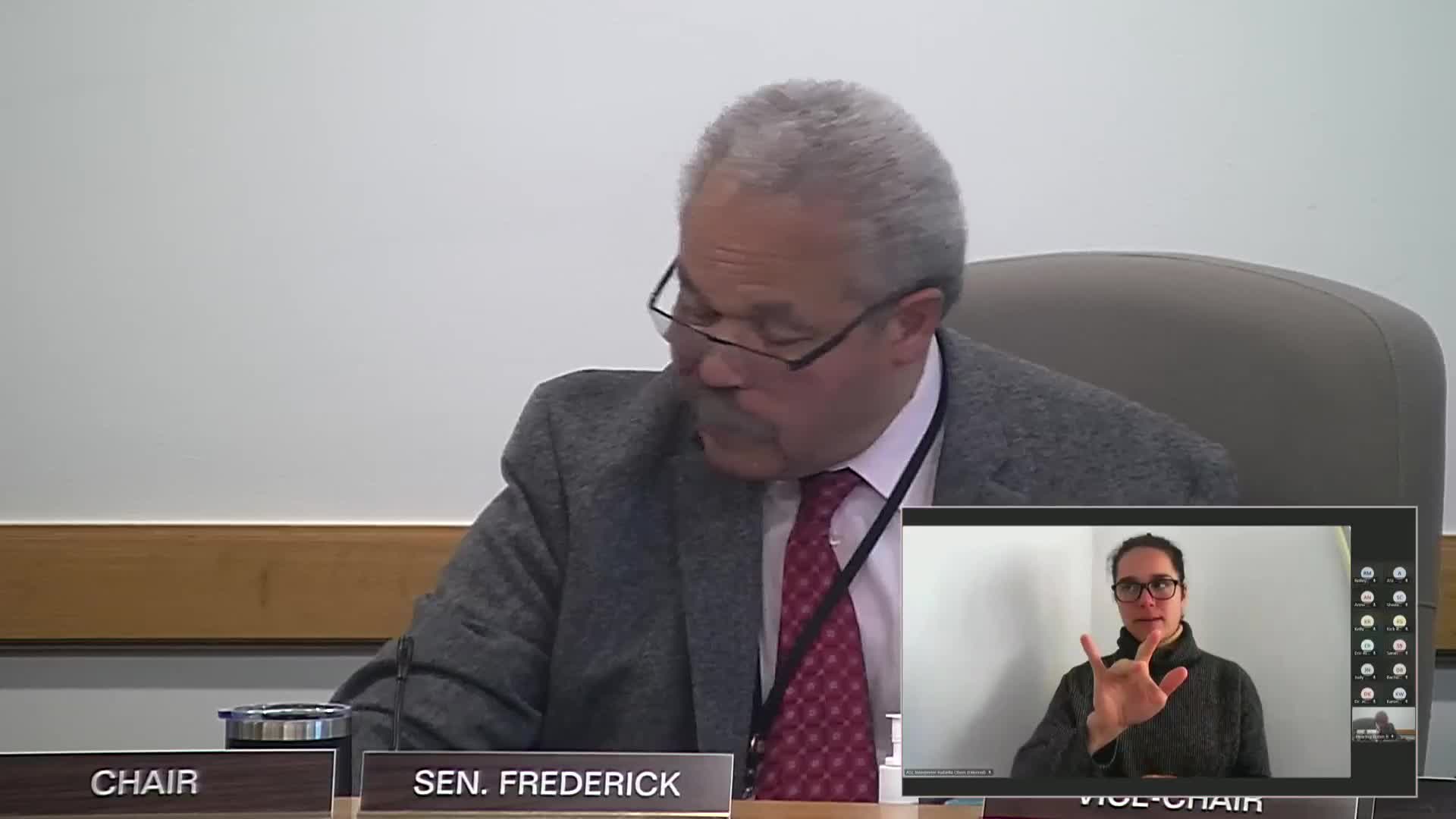Article not found
This article is no longer available. But don't worry—we've gathered other articles that discuss the same topic.
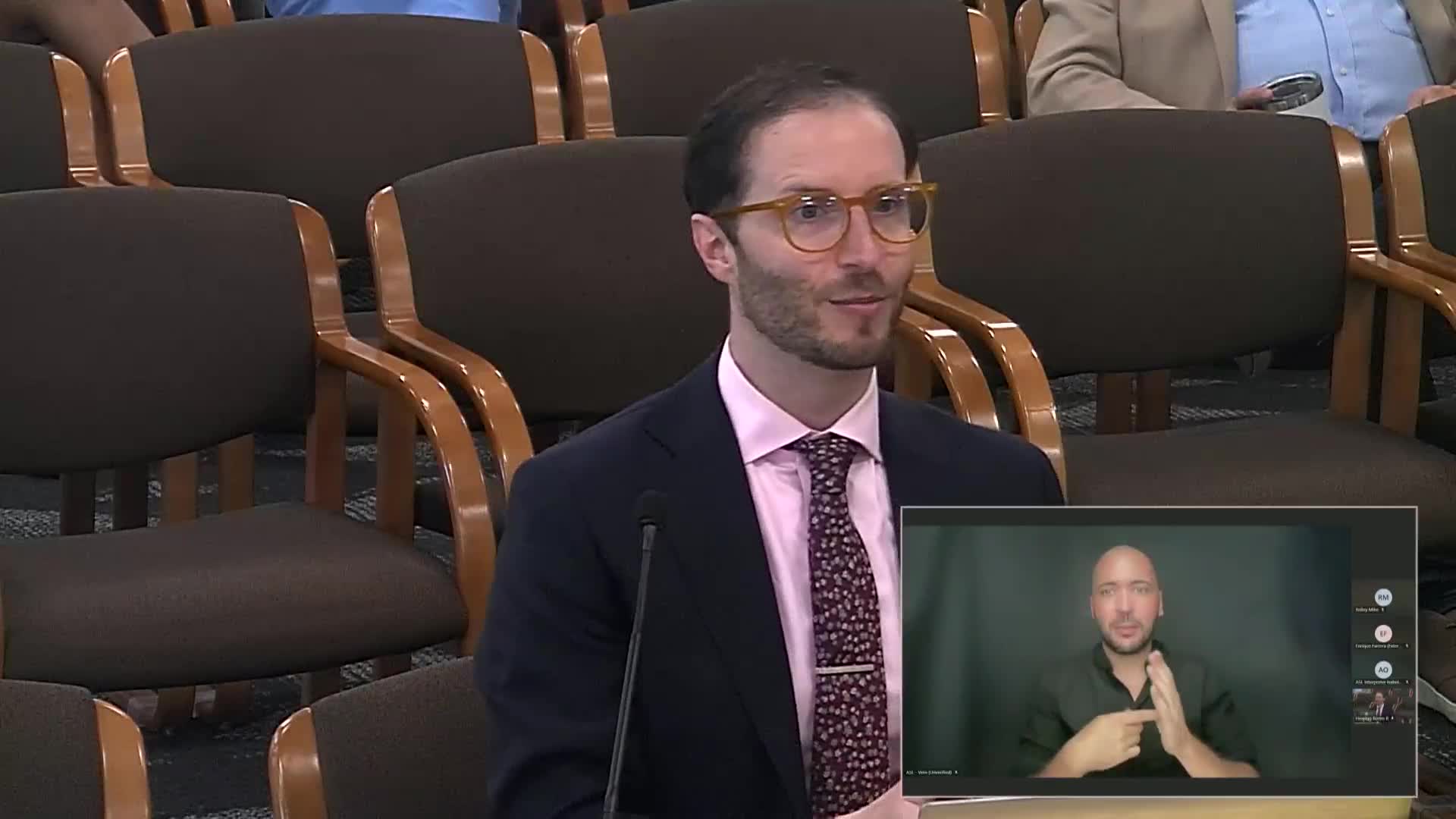
Higher Education Coordinating Commission outlines omnibus bill: transfer council procedure changes, procurement authority and teacher‑scholar reforms
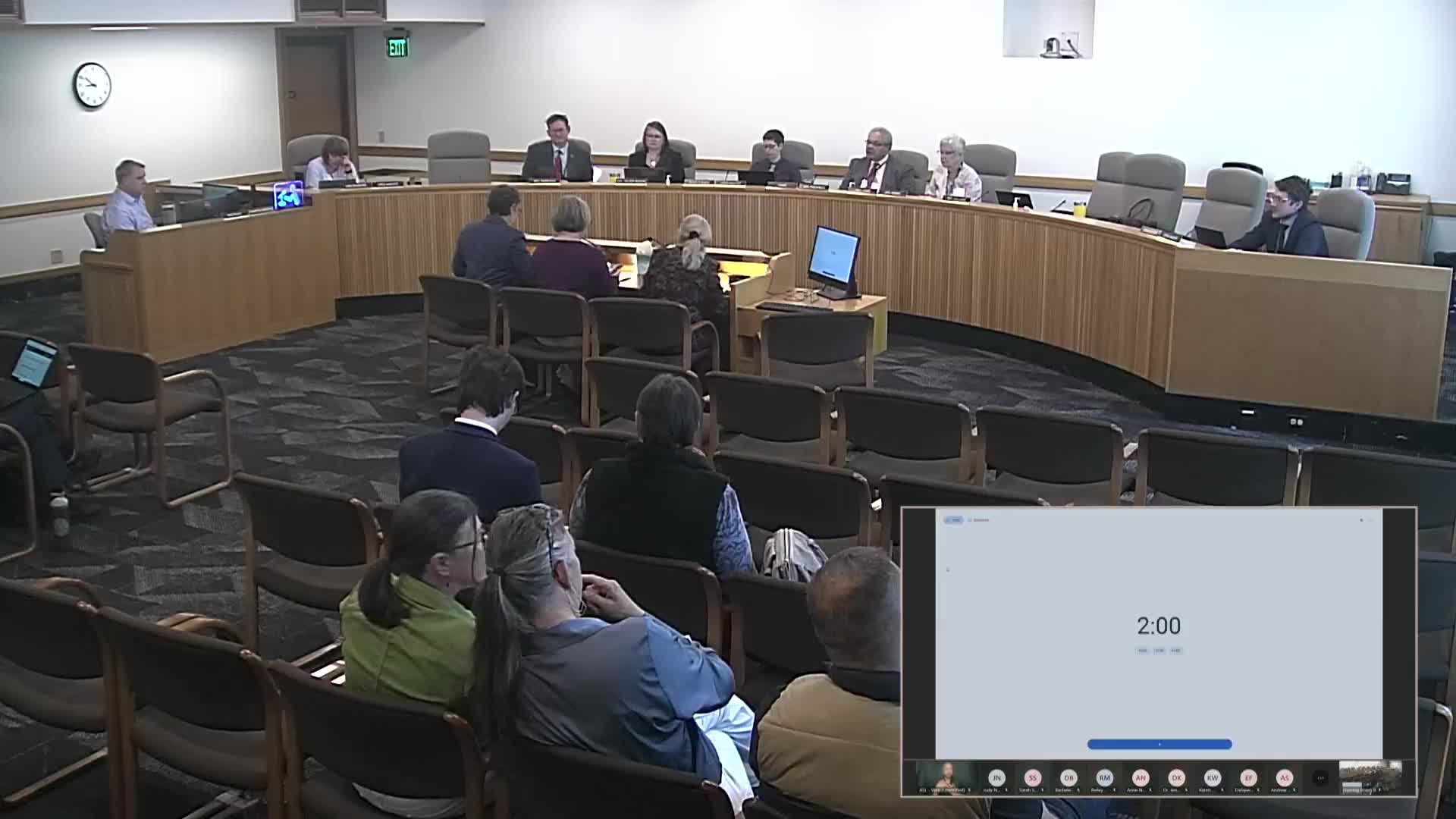
Public hearing: bill would add climate science and sustainability to standards review; proponents say process already exists while opponents warn of vague terms
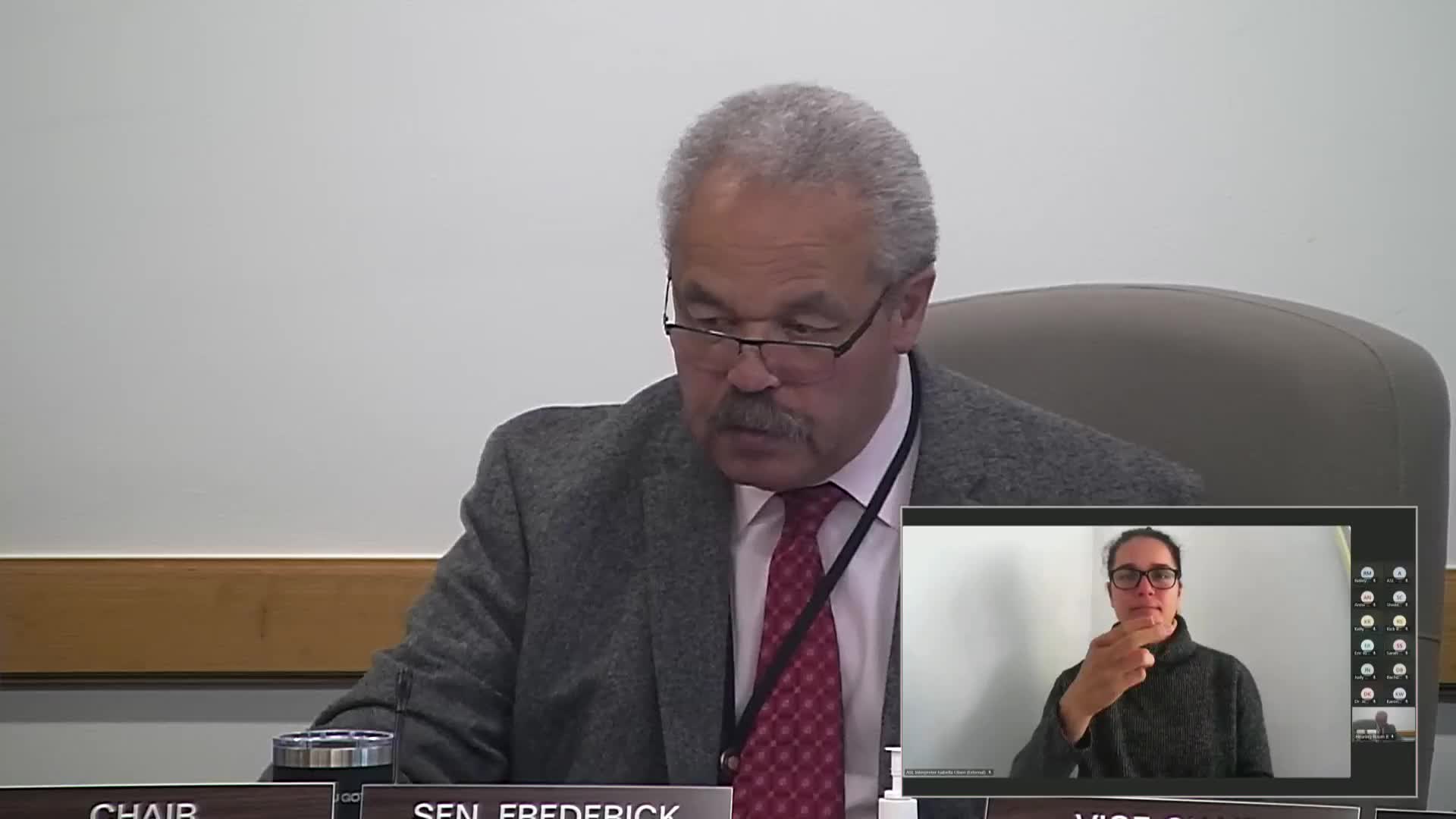
Senate committee advances bill allowing private contracts for bus stop‑arm cameras amid revenue and data concerns
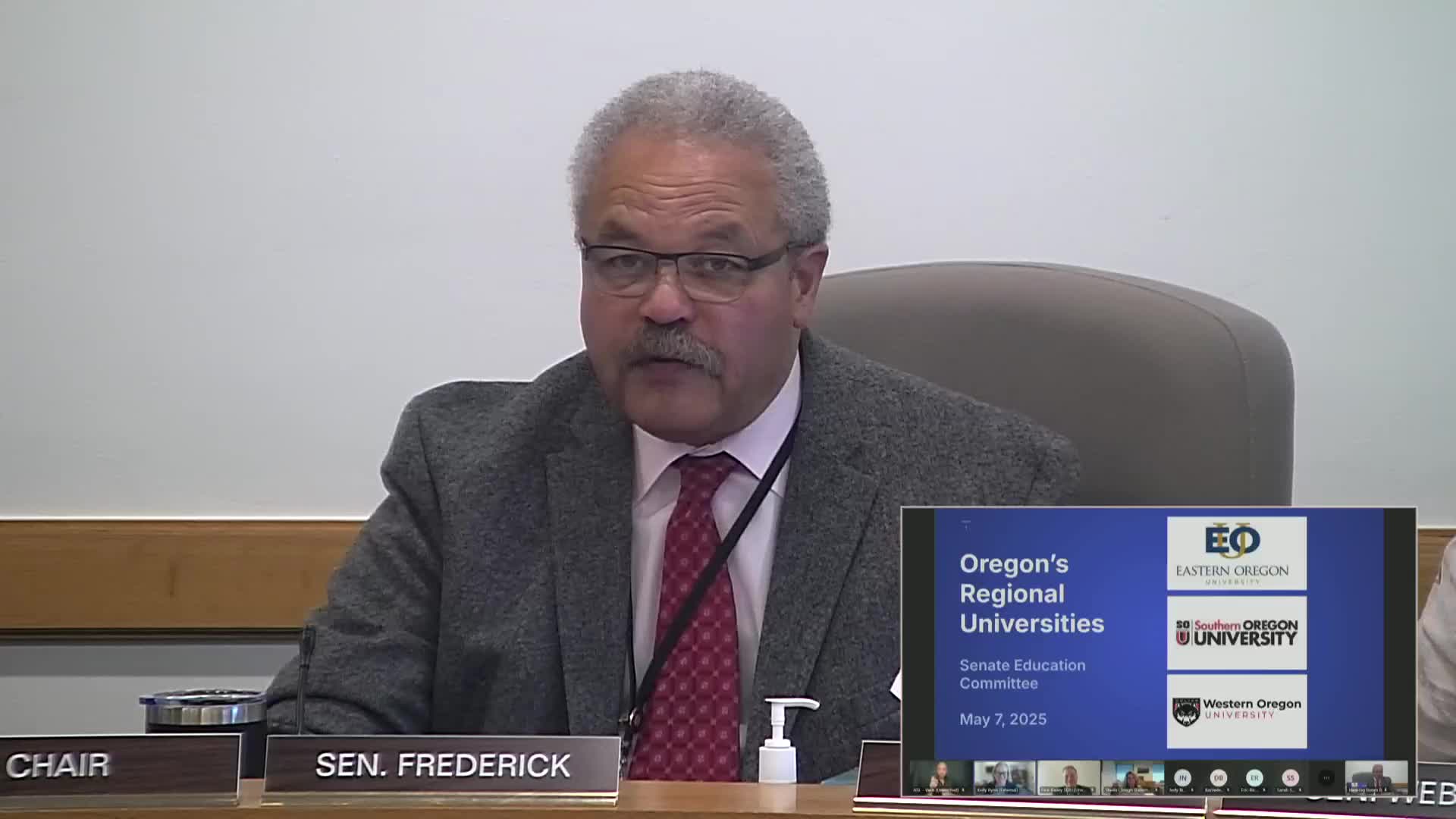
Regional university leaders tell Senate committee that campuses are economic anchors and need sustained public funding
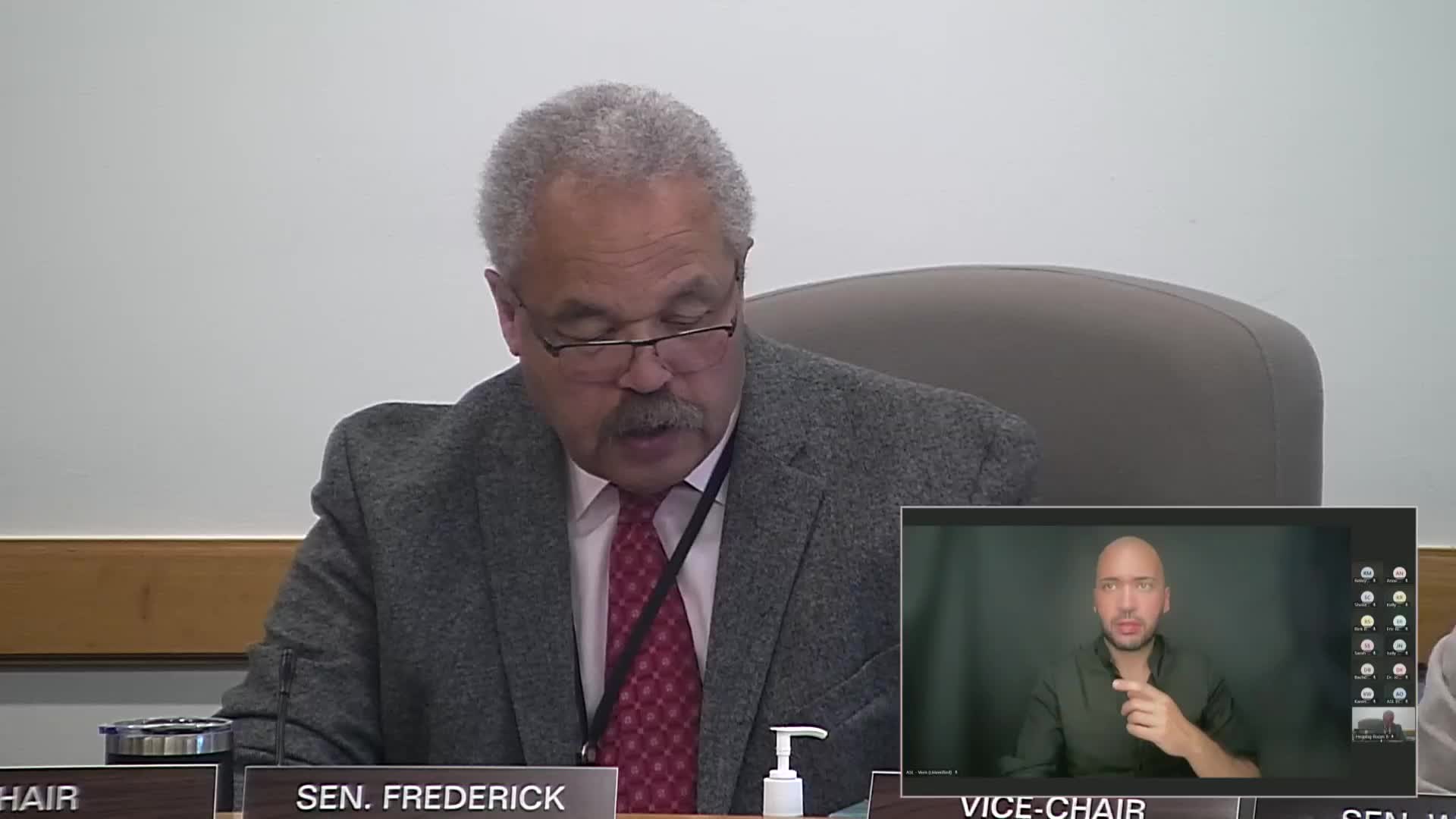
Committee advances bill to broaden participation on OHSU presidential search committee
